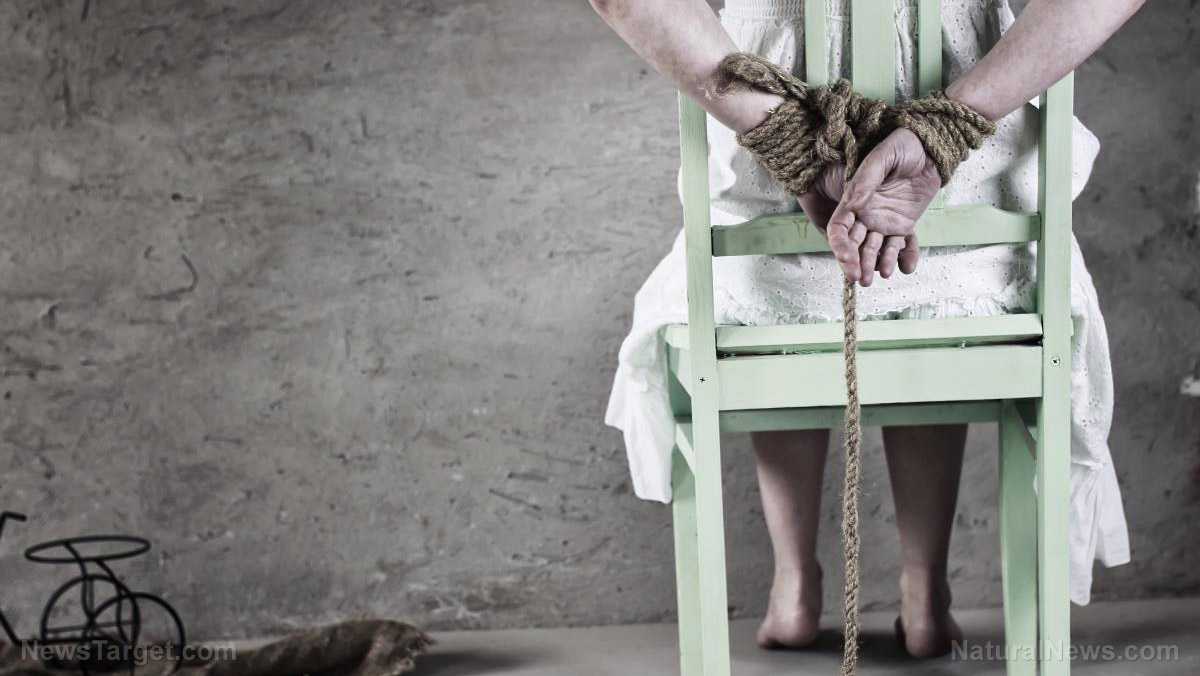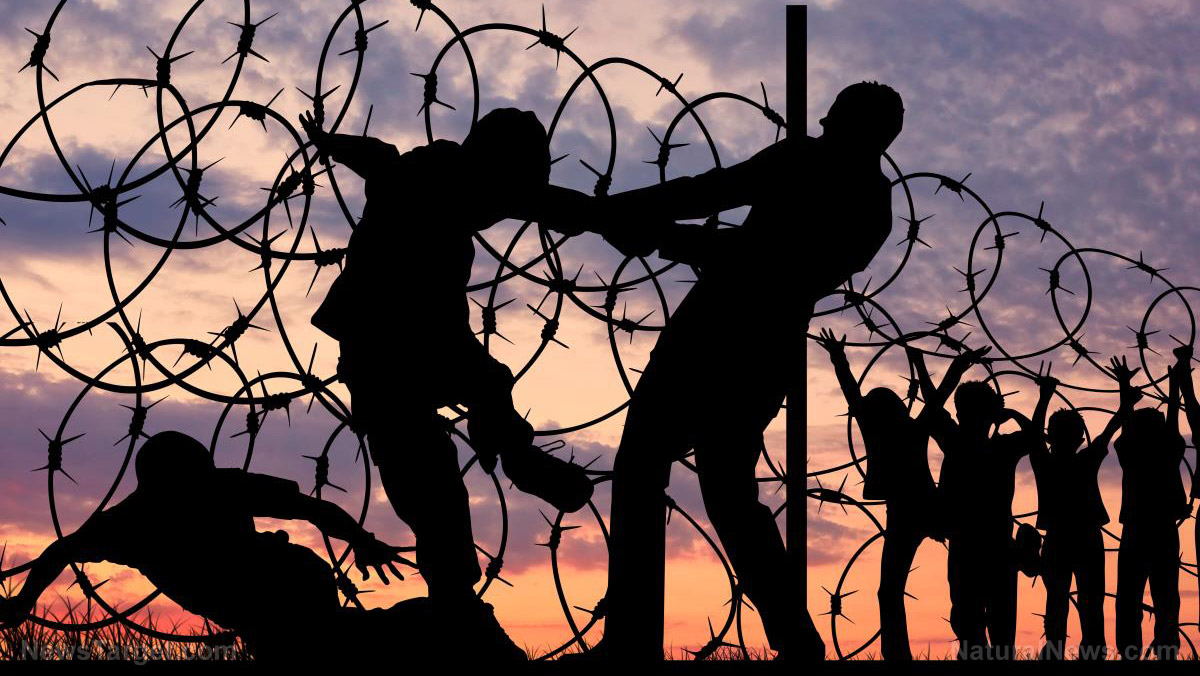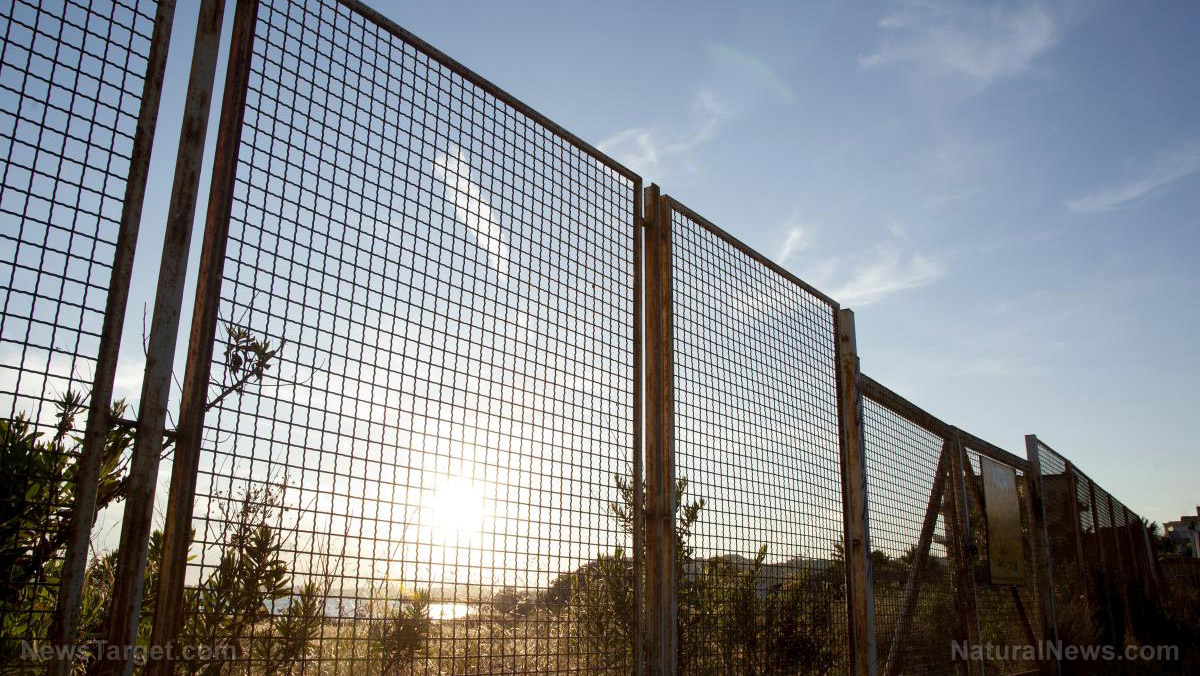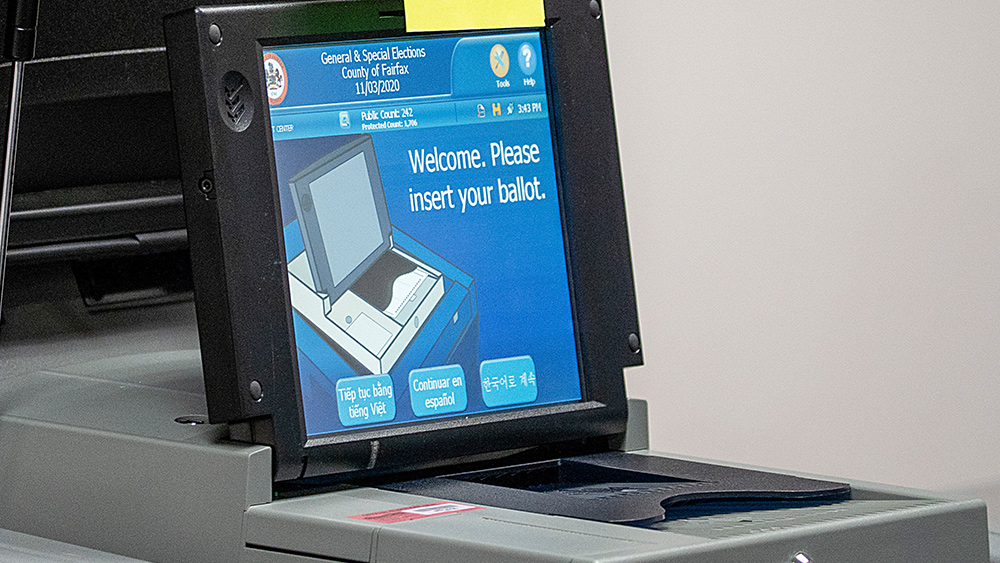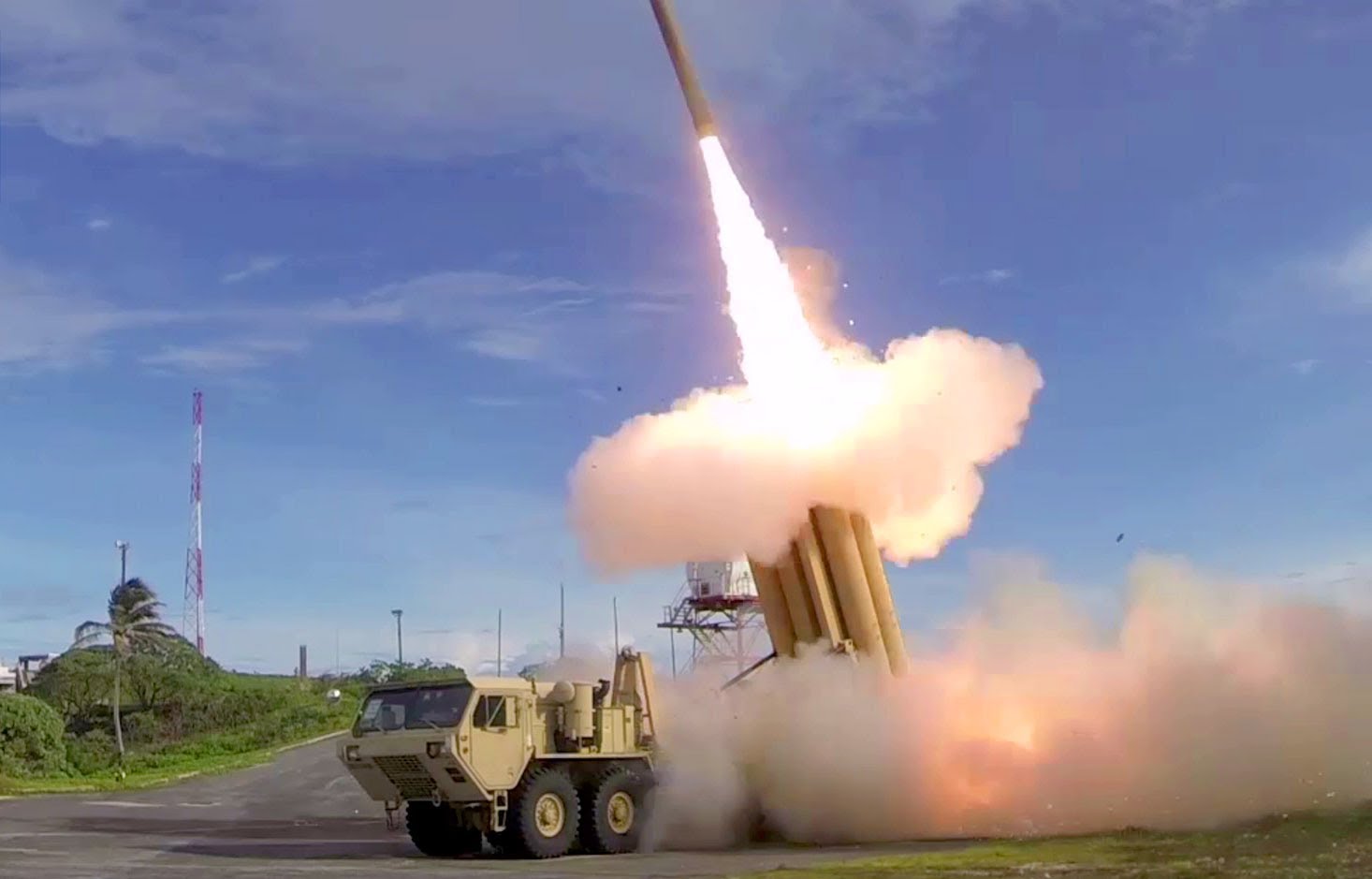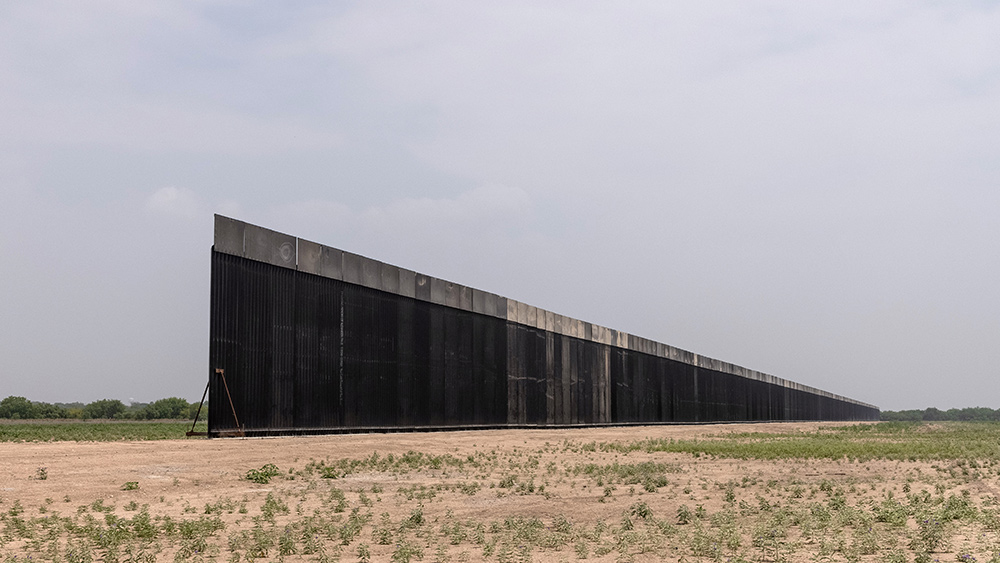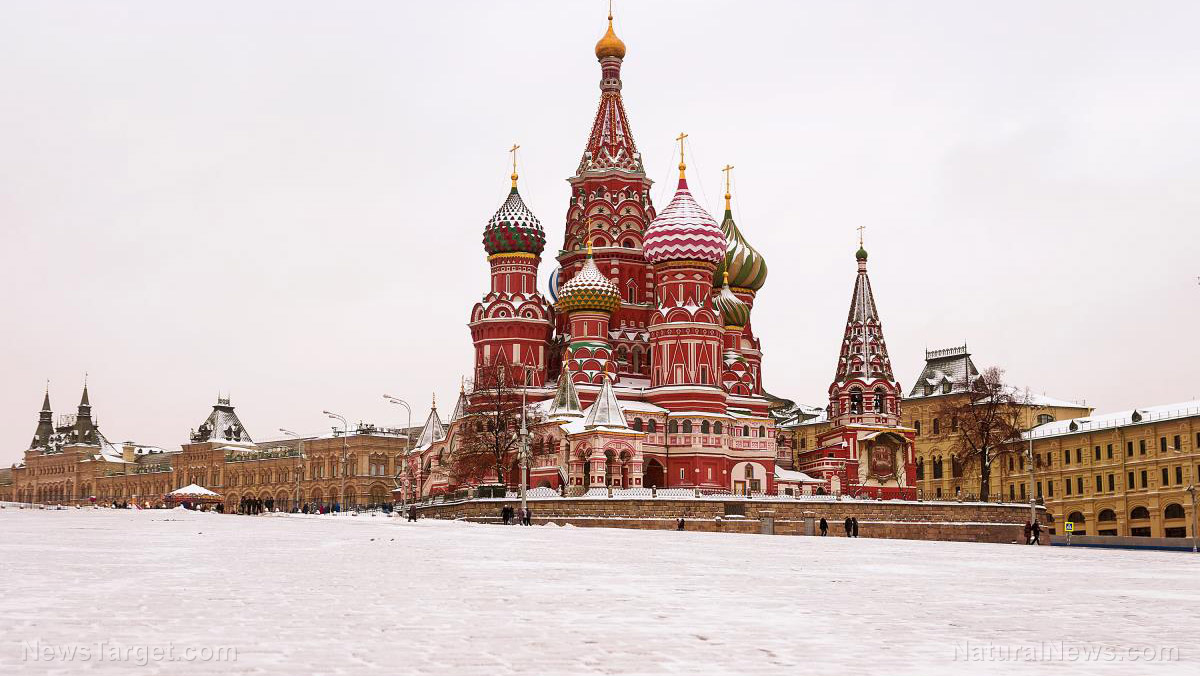Japanese doctors union warns Olympics may create new coronavirus strain
06/09/2021 / By Divina Ramirez
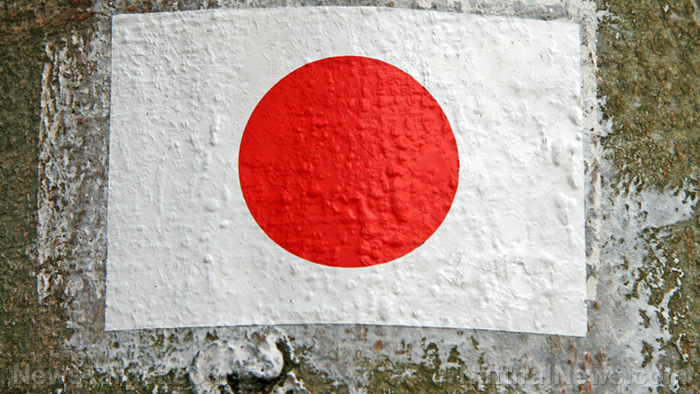
The head of the Japan Doctors Union, Naoto Ueyama, said Thursday, May 27, that a “Tokyo Olympic” strain of SARS-CoV-2, the virus that causes COVID-19, may emerge if the Summer Olympics takes place as planned.
Ueyama has repeatedly sounded the alarm about the Japanese government and the International Olympic Committee’s decision to hold the Summer Olympics in July even as Japan battles a new wave of infections.
In a news conference, Ueyama warned that it is dangerous to hold the Games even though organizers have barred international fans from attending. Hundreds of athletes from over 200 countries would still be attending with their entourage, as well as media personnel and representatives or delegates.
In a nutshell, all new strains of SARS-CoV-2 found in different places would be concentrated in Japan. Consequently, a new strain of the virus could develop, warned Ueyama.
If a new strain does arise because of the Games, Ueyema fears that criticism that the Games were an act of folly will stalk Japan for the next 100 years. “Some people are acting almost like dictators and asking people to make sacrifices in order for the Olympic Games to go ahead,” said Ueyama.
Experts urge postponement of Games
Several parts of Japan are under states of emergency because of a surge in infections. Because of this new wave, the public is largely opposed to holding the Tokyo Summer Olympic Games. Polls revealed that around 80 percent of people in Japan want the Games either canceled or postponed for one year.
But despite the public’s overwhelming opposition to holding the event, organizers said the show will go on, and the first athletes are expected to arrive for training next week.
The Games’ organizers also said they will not put more pressure on Japan’s already strained healthcare system. In fact, the International Olympic Committee offered to bring in medical staff to ensure that the event does not prove to be a burden. However, organizers’ calls for volunteer nurses caused an uproar among the public.
With overwhelmed hospitals and several places still seeing rising cases of infection eight weeks before the Games, the medical community has been vocal in its opposition.
For instance, the Tokyo Medical Practitioners Association, which represents about 6,000 primary care doctors, said hospitals in Tokyo have their hands full and have almost no spare capacity.
On May 14, the association wrote an open letter to Prime Minister Yoshihide Suga urging authorities to convince the Games’ organizers that holding the event is difficult. The association also warned of a system collapse, given that doctors and nurses are already exhausted amid Tokyo’s intense heat and humidity.
The association hasn’t called for outright cancellation. But its chairman, Haruo Ozaki, said holding the event without spectators is the bare minimum given the current situation. Ozaki urged officials to enforce stricter protocols, warning that this is the last chance to control infections before the Games.
Health experts and scientists outside Japan also weighed in on the matter. In a commentary published recently in the New England Journal of Medicine, multiple public health experts wrote that the organizers’ decision to hold the Games despite the rising cases of infection in Japan is not informed by the best scientific evidence.
In another commentary published last month in the British Medical Journal, experts urged organizers to reconsider because vaccine doses are still not widely available in many lower-income nations. Huge uncertainty also remains about the trajectory of the pandemic despite vaccination efforts.
But it seems that the Games would go on as planned. Organizers said extensive rulebooks with virus countermeasures, including daily testing for athletes and a ban on public transport, will keep both participants and citizens safe during the Games. (Related: Japan’s medical freedom: No vaccine mandates and healthier children.)
Read more articles with updates on the coronavirus pandemic at Pandemic.news.
Sources include:
Submit a correction >>
Tagged Under:
coronavirus, covid-19, infections, Japan, Olympic Games, Olympics, outbreak, pandemic, superbugs, Tokyo Summer Olympics
This article may contain statements that reflect the opinion of the author
RECENT NEWS & ARTICLES
COPYRIGHT © 2017 NATIONAL SECURITY NEWS


